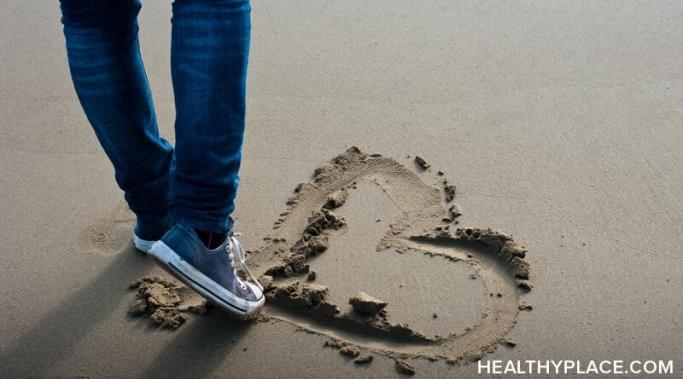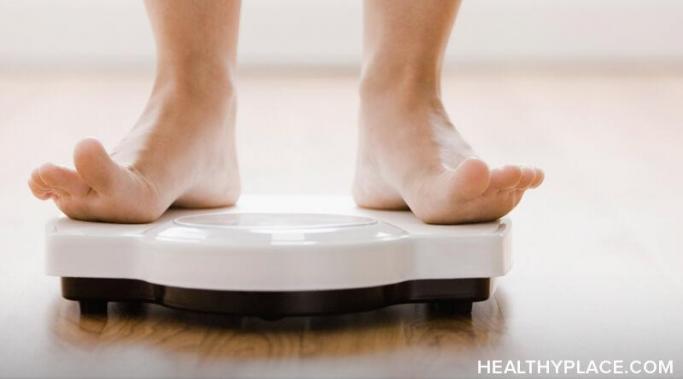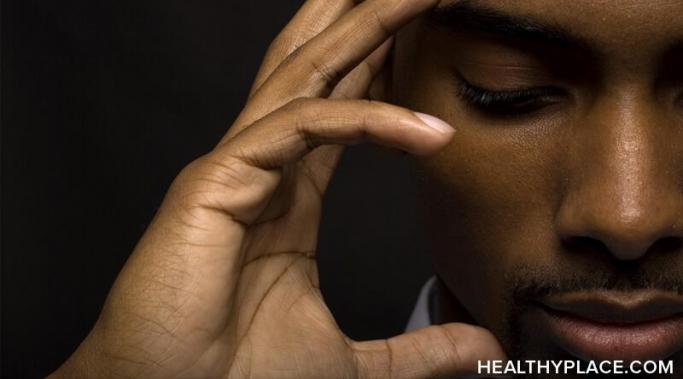I prefer the version of me without an eating disorder—honestly, I do. Just a few short years ago, I never thought I would be able to utter those words from a sincere, authentic place. But so much about a human can change and transform in recovery. I used to fear that I would not recognize myself in a healed state, that I would lose my sense of personhood in the absence of those compulsions and behaviors I identified with so strongly. This fear still creeps in sometimes, but now I can spot the distortion beneath it. These days, when I look in the mirror, it's deeper than recognition. I see the real me, not the masked, hollow pretense I once believed was me. It feels exposed and vulnerable, but it also feels right.
Surviving ED
As someone who has been a professional writer for almost 10 years (and a writing enthusiast for my whole life), I am a firm believer in journaling. Granted, I have not maintained a consistent journaling rhythm in the season where I find myself now. But when I commit to this self-care practice on a regular basis, I feel connected to my goals, priorities, and intentions for healing. Moreover, I am compelled to take meaningful, decisive actions that align with those priorities. So if you, like me, have fallen into a journaling rut over the past weeks or months, here are some journaling topics to refuel your motivation in eating disorder recovery.
Confession: sometimes, I'm afraid of complete eating disorder (ED) recovery. What does this mean exactly? It's hard to articulate, but there is a small (albeit influential and persistent) voice in the back of my head that warns me not to lose the ED behaviors I relied on for so long. As irrational as this might sound, I feel a sense of comfort and reassurance in knowing I can re-access the eating disorder anytime I need it.
As someone who started flirting with anorexic behaviors in early adolescence, I have cycled in and out of many toxic, compulsive traits over the years. But although I consider myself to be in a stable, consistent recovery mindset now, the competitive nature of my eating disorder still pulls me back into its orbit sometimes. In fact, I noticed this competitive streak reassert itself as recently as last night.
If you have experience with trauma-informed mental health care, it's quite possible that you're also familiar with eye movement desensitization and reprocessing (EMDR) therapy. This therapy is an intervention used to help the brain resolve unprocessed traumatic memories, as well as the thoughts, emotions, beliefs, and physical reactions or sensations connected to those memories. But, is EMDR therapy useful for eating disorder treatment? That's a nuanced question without a one-size-fits-all answer. However, as someone who is currently in the thick of EMDR sessions myself, I want to examine its potential benefits for eating disorder recovery.
I will never forget one specific breakfast during my time in residential treatment. An on-staff clinician supervising the meal told me to throw out my pancakes and grab a new batch. When I asked her why, the answer was confusing, but as with most rules at this inpatient facility, it left no room for further questions. "You spread peanut butter on your pancakes—that's a food ritual," she replied.
Suicide prevalence in the eating disorder community is a serious concern. Eating disorders are some of the most lethal forms of mental illness—in the United States alone, one person dies every 52 minutes as a result of eating disorder complications. But this high mortality rate is not just a reflection of the various health risks that eating disorders cause. Suicide accounts for many of those deaths as well. In fact, the prevalence of suicide attempts is a tragically common trend among those who suffer from eating disorder behaviors. (Note: This post contains a trigger warning.)
During a recent session with my therapist, I felt compelled to ask for her professional take on my relationship with exercise. I told her that I prioritize running over just about every other line item in my routine. I told her that I feel immense amounts of shame if I cannot squeeze in an hour-long workout on a daily basis. I told her that I consistently run in the 105-degree Arizona heat, no matter how miserable the experience is. I told her that I rarely feel like the choice to stop running is even an option. I told her that I am afraid that without exercise, I will lose control of my entire life. She listened to me rattle off all this information, then replied matter-of-factly: "You have an exercise addiction. How is it working for you?"
I recently came across the concept of embodiment while scrolling on that quintessential self-care resource known as Instagram. (Please note the sarcasm—I am trying to break said scrolling habit.) But excessive social media consumption aside, this term has resonated in my bones. Embodiment evokes a sense of deep awareness, connection, appreciation, and trust for the body. It feels intuitive and emotionally safe, like the start of a close friendship. It also feels sensory and tactile, like the experience of being unconditionally at home in my own skin. Since this initial Instagram encounter, I have wanted to learn all I can about what it means to practice the art of embodiment in eating disorder recovery.
When I operate within the framework of an eating disorder, my life orbits around fear. I am afraid of consuming three balanced meals. I am afraid of not being able to squeeze in enough exercise. I am afraid of the number staring back at me on a scale. I am afraid of seeing the calorie count on a nutrition label. I am even afraid of existing inside my own skin.









